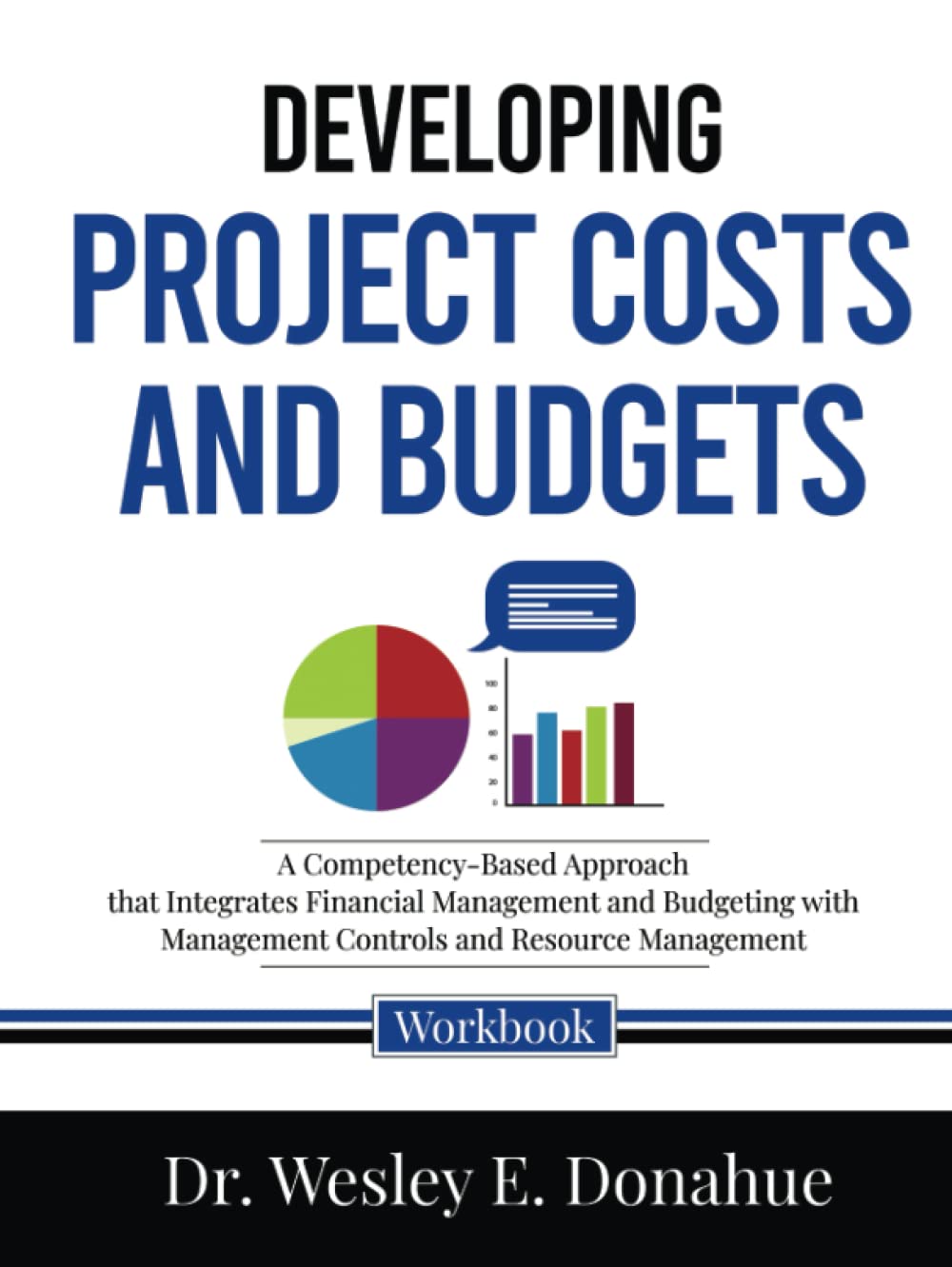
Budget
What is a Budget?
A budget is a financial plan that outlines the estimated costs and available resources for a project over a specific period. In project management, it serves as a guide for allocating funds to various project tasks, activities, and phases. This tool helps project managers ensure that spending stays within the approved limits while tracking financial performance throughout the project lifecycle. A well-prepared budget aligns with project goals, stakeholder expectations, and organizational constraints. It is created during the planning phase and monitored regularly to avoid cost overruns and support informed decision-making.
Key Points
- A budget is developed based on the project scope, timeline, resource needs, and risk factors.
- It includes both direct costs (like labour and materials) and indirect costs (such as administrative support).
- Budgeting methods may include top-down estimating, bottom-up estimating, or using historical data from past projects.
- Regular monitoring and reporting help identify variances between planned and actual expenditures.
- Adjustments may be necessary if the scope changes or unexpected costs arise.
Related Terms
- Cost management involves planning and controlling project costs to ensure they remain within the approved budget.
- Scope creep can increase the budget if the team adds additional tasks or features without proper control.
- Resource allocation directly influences the budget by determining how the project team distributes labour and materials across project tasks.
- Baseline refers to the original budget plan, which the project team uses to compare actual spending during project execution.
- Contingency reserve provides a financial cushion within the budget to address identified risks or uncertainties.
Budget: Example
In a construction project for a new community centre, the project manager develops a budget that includes estimates for site preparation, materials, labour, permits, and inspections. After approval, the team uses the budget to track monthly expenses. When the cost of steel rises unexpectedly, the manager reviews the contingency reserve and reallocates funds without exceeding the total approved amount.
Budget: Best Practices
- Begin budgeting early during planning to align financial goals with project objectives.
- Use detailed cost estimates and involve relevant stakeholders to improve accuracy.
- Monitor expenditures regularly and compare them to the baseline to detect issues early.
- Include a contingency reserve to manage unforeseen costs without derailing the project.
- Communicate budget updates clearly to stakeholders and adjust plans when necessary.
Additional Resources
Preparing for a PMI certification?
- Exam Prep Courses: PMP®, CAPM®, and PMI-ACP®
- Exam Simulators: PMP®, CAPM®, PMI-ACP®, PMI-PBA®, PMI-RMP®, PMI-SP®, PgMP®, and PfMP®
- Professional Development Units (PDUs): 15, 30, and 60 PDU Bundles




